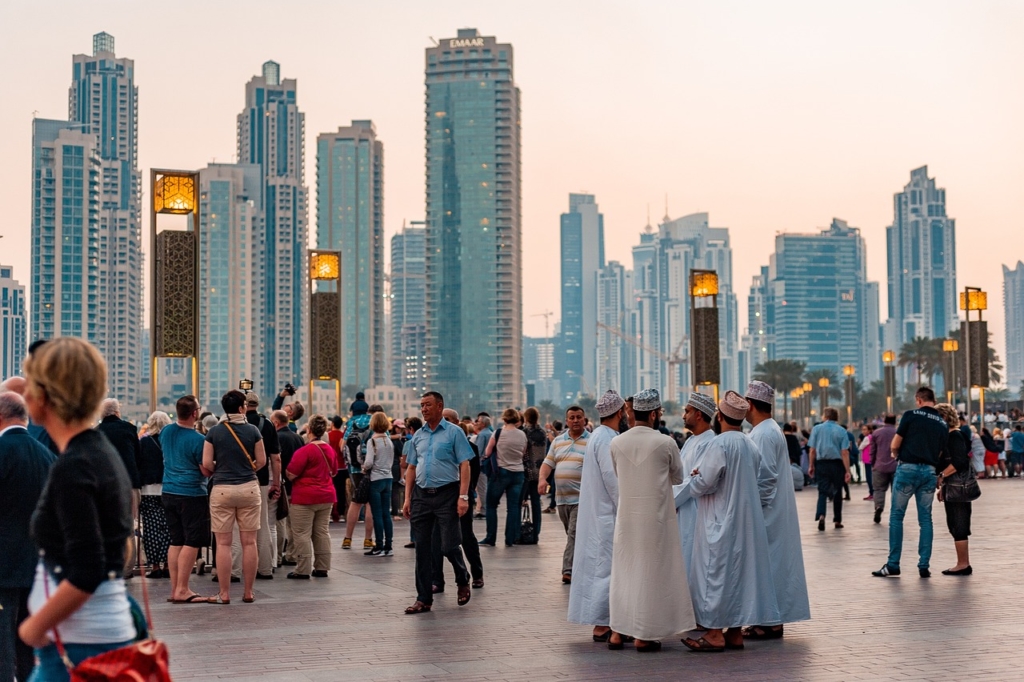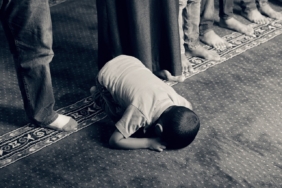Violence Against Muslims and Disinformation
Roshan Muhammed Salih, editor and journalist of the UK-based “5 Pillars” news site, evaluated the increasing violence against Muslims and the reasons for this violence after the knife attack that took place in a dance school in Southport on July 29, which caused the death of 3 children. Although Salih stated that the attacker was under the age of 18 and his identity was kept secret, he stated on social media that the attacker “An Islamist immigrant”and explained the consequences of this situation as follows:
“This was a horrific attack, but soon misinformation spread online that the attacker was Muslim. This led to a large group of middle-aged, white far-right men gathering around a mosque in Southport, attacking police, setting a van on fire and “Then throwing objects at the mosque and chanting Islamophobic slogans. So an incident that had nothing to do with Muslims in this country became a Muslim issue.”
Spreading Disinformation
Salih noted that disinformation is mostly spread by anonymous accounts on the internet. He said these accounts are designed to spread Islamophobia and anti-Muslim fear, adding, “These accounts exist to spread false information about Muslims, to portray them as terrorists, violent, and misogynists.”
Prevalence of Islamophobia
Salih, who drew attention to the fact that far-right journalists and some accounts with high followers in the UK were spreading disinformation that blamed Muslims, said that this situation caused anti-Muslim violence to spread to different regions such as Hartlepool, London, Sunderland , Liverpool, Leeds and Manchester. Salih stated that the statement of the leader of the far-right Reform UK party, Nigel Farage, “The truth is being hidden from us” provoked the events and said, “When you are in parliament in this country, you can say whatever you want without fear of being sued. This is called parliamentary privilege. So you can attack Muslims from the podium in parliament and nothing happens to you.”
Reasons for Anti-Muslim Attitude
Underlining that anti-Muslim sentiment in the country is at a worrying level, Salih said, “It would be wrong to say that Islamophobia is at its limit in this society; on the contrary, it is quite widespread. Yes, prominent mainstream politicians such as Keir Starmer or Rishi Sunak may not be openly Islamophobic in their statements, but they do nothing when others make Islamophobic statements.”
Economic Crisis and Anger Towards Muslims
Salih pointed to the economic crisis as one of the main reasons for the anger towards Muslims. “Many countries are like that, but Britain is going through an economic recession. Everything is very expensive here. People can’t find good housing. Young people in particular feel like they have no future in this country. When there is an economic recession “The easiest people to blame are those who look different, sound different, maybe wear the hijab or traditional Pakistani dress,” he said.
The Growing Influence of the Muslim Population
Salih said that the increasing influence of the 4 million Muslim population in the country bothered the British. “Muslims see themselves as British citizens with equal rights in this country. They do not see themselves as guest workers or people like that. So Muslims, although they are still a relatively small minority, have started to show more presence and organize in this country “These two things are happening at the same time and are causing a reaction in the majority of society. This reaction is also encouraged by leading leaders who see that attacking Muslims brings votes,” he continued.
The Search for a Scapegoat
Salih said that Muslims were being deliberately targeted, and added, “They are looking for a scapegoat, someone to blame. They are not blaming the government, which they should be blaming. They are not blaming the financiers in the country, the people who “are the source of the wars that are dragging us down, the foreign wars that we cannot support or afford. They are blaming people like me, Muslims, who look different.”
The Future of Muslims in Britain
Salih said that the UK was no longer an easy country for Muslims, adding, “This country is not a good place to be as a Muslim. Frankly, I’ve spent most of my life here. Maybe 20 years ago, there was a “relatively liberal, multicultural society where Muslims were much more welcome and free to speak, but now we are moving towards the French model, where secularism is strictly applied in this country. The space for Muslims to express themselves is shrinking.”
Freedom of Expression and Security Concerns
Salih pointed out that Muslims cannot even freely support Palestine and continued: “If the UK claims to be a secular country that respects diversity of opinion, which it says it is, and if it says it respects freedom of expression as long as it does not Encourage violence, then I think we should have the right to say whatever we want. But now we feel targeted, many Muslims want to leave this country. They no longer feel comfortable in this country, they want to go abroad for a safer place. “
Pessimism About the Future
Expressing his concerns about the future of Muslims in England, Salih concluded his words as follows:
- “I am very pessimistic about our future in this country, it is not a rosy future. We are following in the footsteps of France, where we cannot really express ourselves as Muslims. In this country, women who wear the hijab and walk on the “The streets are attacked, verbally abused. Even the official hate crime statistics prove exclusively that Muslims are targeted more than any other group.”
Far Right Street Events
On July 29, a 17-year-old assailant stabbed three children to death in Southport, England, and injured 10 people, including eight children. Following speculative reports on social media about the identity of the assailant, far-right extremists in Southport clashed with police and threw stones at the Southport Islamic Society Mosque. The far-right violence spread to Sunderland on the east coast of the country on August 2. A far-right crowd gathered outside the Masjid-e Anwaar-e Madinah mosque in the city and clashed with police. The crowd set fire to a police station in the city and attempted to burn down some public institutions. Three police officers were injured in the incidents, and 10 far-right extremists were detained in the city.
On the same day as Sunderland, far-right groups also gathered in town squares and in front of mosques in Hartlepool, Liverpool, Glasgow and Dover. On August 3, far-right groups took to the streets in approximately 20 English cities, including Bristol, Hull, Blackpool, Stoke-on-Trent and Blackburn, as well as in four different locations in the Northern Irish capital Belfast. In these cities, 92 far-right groups were arrested after attacking immigrant businesses, mosques, police vehicles and riot police officers. On August 4, far-right groups gathered in Weymouth, Middlesbrough and Rotherham, again targeting immigrants and the Muslim community. In Rotherham, far-right groups gathered in front of a hotel where irregular immigrants and asylum seekers were held, throwing foreign objects such as rocks and chairs at the building.


















